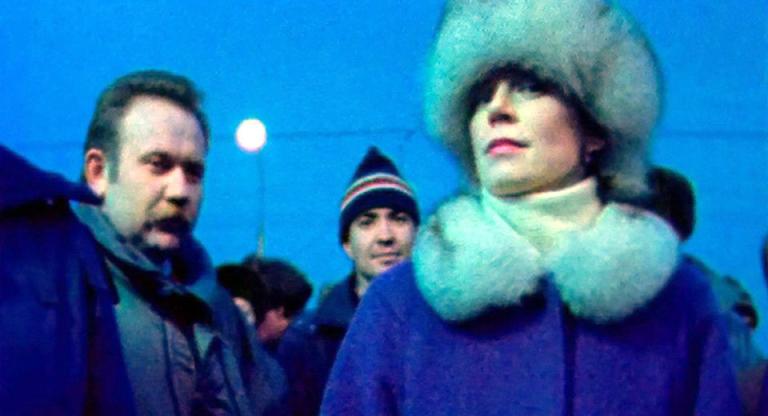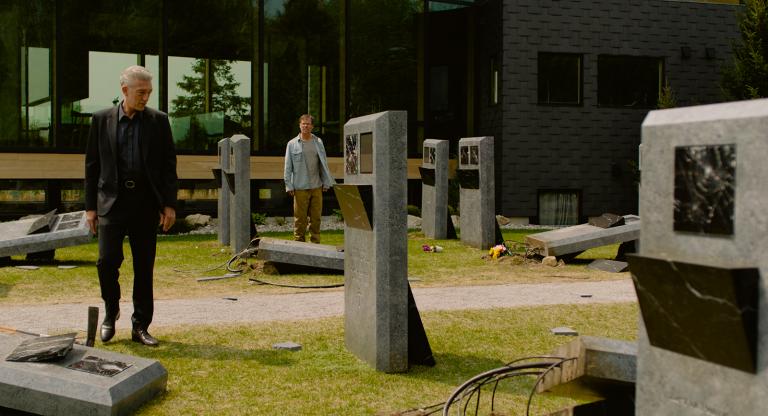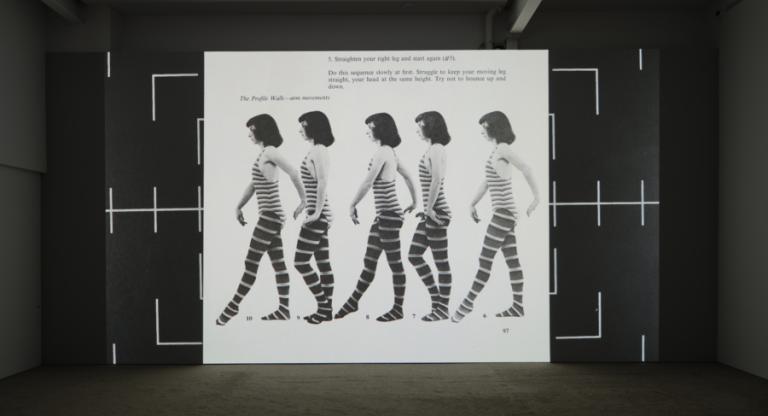
Across Jeanne Dielman, 23, Quai du commerce, 1080 Bruxelles (1975) and Les rendez-vous d'Anna (1978), Chantal Akerman sets two itinerant women on paths to digression. The boundaries differ; where Jeanne is locked in a room-to-room domestic march, Anna Silver (Aurore Clément) traverses a stretch of grey cities from West Germany to France. In the real-time distensions of Akerman's static camera, Anna seems taskless bar her titular rendezvous – with various men, women, strangers, past lovers and, at one point, her mother (living in Brussels like an avatar of Akerman's own). Their meetings always mark time en route: by open windows in dim train corridors; on station benches beneath the glare of platform lights; in hotel rooms where night-time city neon shoots through gauzy curtains and bare glass. Everyone is lonely in transit and at night.
Then there is the loneliness wrought by formal devices that compel distance, like the cold precision of Akerman's symmetrical mise-en scène – some shots so exacting in their geometry as to displace the bodies that (barely) fill them – and the alienating intimacy of Anna's confession-prone interlocutors. A one-night stand tells of his abandonment by an ex-wife; an old family friend monologues a pre-war nostalgia trip. Blocks of speech belie interiority until Anna's own moment of confession, to her mother no less: one night, while on tour, she brings a woman back to her hotel. They talk, fuck, and part ways the next morning. Affection (at least, the ghost of it) emerges in the film's sole enunciation of queer sexuality, one that echoes the final scene of Akerman's debut feature, Je Tu Il Elle (1974). Though the former recounts sex and the latter shows it, both scenes make present: Je and Elle collide in a ten-minute sex scene so physically vigorous it's as if all the film's exhilaration has been sedimented to its end.
Revelation though it is, Anna's sexuality is more complicated than clarified by her confession; so go the obscure terrains of her moods and Clément's seraphic but inscrutable face. Maybe it's a symptom of Anna's "vocation for exile", as Akerman has noted, though I wonder if all her women aren't exiled in some way, out of step with a steady sense of self, bearing their displacement through the dense everyday.
Les Rendez-vous d'Anna is available to stream for free through April 21, 2021 as part of the series New Directors/New Films at 50: A Retrospective.



